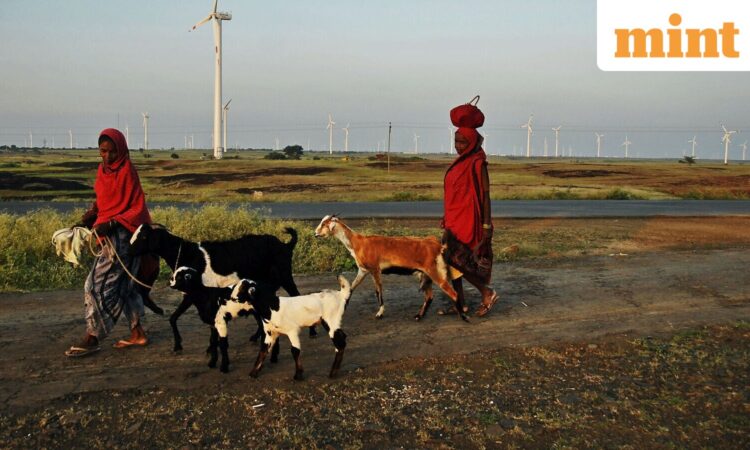
The initiatives, described as part of next-generation reforms, are aimed to tackle some of the most intractable challenges in India’s development story.
Two high-level committees formed in August by the government on its Viksit Bharat development goals will lead discussions on these reforms.
The first is chaired by NITI Aayog member and former cabinet secretary Rajiv Gauba. Of the two panels under him, one steers the Viksit Bharat (Developed India) agenda and the other drives reforms in non-financial sector regulation. These panels include key secretaries, heads of industry lobbies such as CII, FICCI, and Assocham, as well as prominent industry leaders.
The second committee, led by cabinet secretary TV Somanathan, is working on deregulation at the state level.
The central government’s intent is to push beyond short-term policy measures and address structural bottlenecks that have long hindered productivity and equity.
“For women, this could mean new frameworks to strengthen social security, access to credit, and workforce participation. On land, reforms could target efficiency in ownership, registration, and dispute resolution, areas that underpin both rural livelihoods and urban development,” said one person mentioned above.
“If implemented effectively, these initiatives could have far-reaching consequences by expanding economic opportunities for women, reducing social vulnerabilities, and bringing long-delayed clarity to India’s complex land governance system,” added the person.
Land has for long been a contentious issue in India with rights falling under the purview of various governments at central, state, and local levels. While digitization of land titles and databases on industrial land have shown rapid progress, land as a resource remains mired in red tape.
Consultancy McKinsey has drawn attention to supply and cost constraints in land both for business and housing users. It estimated that with key reforms, India could reduce land costs by up to one-fourths while increasing supply of buildable land.
CII in August recommended the establishment of a Land Council on the lines of Goods and Services Tax Council for better centre-state coordination on land matters and a reduction in stamp duties on registration of land titles.
Likewise, reforms in women’s empowerment could give a leg-up to growth. World Bank data puts female participation in 2024 at 59.6% in China, 62.4% in Australia, and 56.5% in the US, while India lags at 32.8% on a comparable basis. (Its methodology is different from that of the Indian government, which pegs the number at 41.7% in 2023-24.)
Concerted push
The latest effort comes on the heels of two informal Groups of Ministers formed to drive targeted reforms.
One group, led by home minister Amit Shah with Ashwini Vaishnaw as convener, comprises 13 members and is tasked with shaping legislative and policy reforms across finance, industry, commerce, infrastructure, logistics, and governance.
The other, chaired by defence minister Rajnath Singh with Mansukh Mandaviya as convener, brings together 18 ministers to focus on social, welfare, and security reforms in areas such as education, healthcare, labor, housing, and public health.
The second person quoted earlier said the success of the reforms will depend on the states and central governments cooperating on issues. “Early consultations have already begun with an emphasis on aligning state-level initiatives with national priorities,” said this person.
Some of India’s structural reforms — from the watershed liberalization of 1991 and limited rupee convertibility to more recent milestones such as the Goods and Services Tax and the Insolvency and Bankruptcy Code — have helped reshape policy and regulation to deliver efficiency and growth.
Still, a vast unfinished agenda remains spanning labour markets, agriculture, land acquisition, and the privatization of state enterprises.
A spokesperson of the Prime Minister’s Office (PMO), which is driving the reforms overhaul, and cabinet secretary Somanathan didn’t respond to emailed queries.
Economists flagged the difficulty of carrying through the reforms, especially on land governance. Effective implementation “is an uncertain prospect given ongoing tensions and inconsistencies in Centre-State relations; the proof will lie in the execution,” said Manoranjan Sharma, Chief Economist at Infomerics Ratings, a Mumbai-based credit rater. Keeping women at “the core of economic and policy reforms will have transformative outcomes,” he added.
In his Independence Day speech, Prime Minister Narendra Modi outlined reforms focused on economic development, national security, energy independence, and technology as part of the government’s Viksit Bharat vision by 2047.






